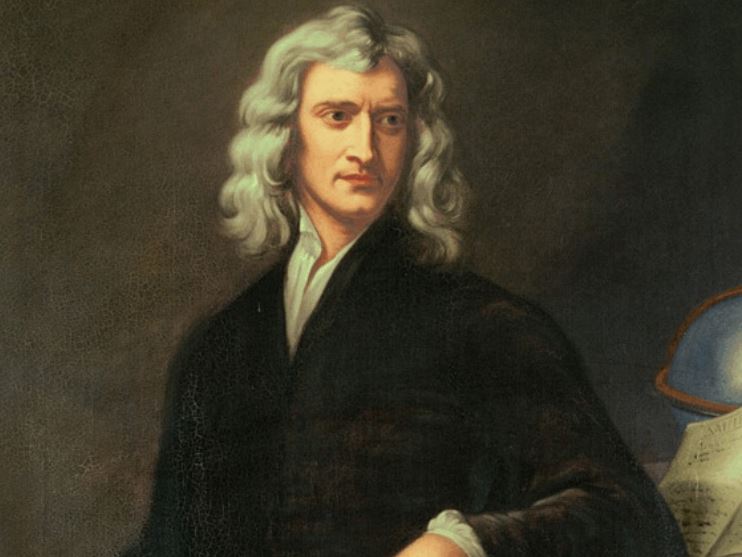
Science & the Bible
Sir Isaac Newton (1642-1727) is considered to be the single most important contributor in all of history to the development of modern science. This fact is ironic since he was a strong believer in both God and the Bible.
What makes it ironic is that the scientific community today takes the position that a belief in God disqualifies a person as a legitimate scientist. But Newton, whose methodology was strictly logical, believed deeply in the necessity of God.
He reasoned that the beauty and complexity of the universe could only “proceed from the counsel and dominion of an intelligent and powerful Being.”
An assertion that modern scientists would do well to consider.
God The Creator & Science
Although many modern scientists have rejected God, the early founders of modern science almost exclusively attributed their scientific discoveries to their personal belief in a powerful and benevolent Creator. They saw incredible order and logic in the manifestation of universal natural laws – they acknowledged careful and intricate design over randomness, and thus concluded this as evidence of the presence of a Great Designer.
Use the following link to watch a video on the subject …
A Student of Bible Prophecy
Another fascinating thing about Newton is that he was a student of Bible prophecy. He wrote a commentary on both Daniel and Revelation.
Perhaps his best known comment about Bible prophecy is a prophetic one: “About the time of the end, a body of men will be raised up who will turn their attention to the prophecies, and insist upon their literal interpretation, in the midst of much clamor and opposition.”
He spent more time on studying the Bible than on science; indeed, he wrote about 1.3 million words on biblical subjects. Yet this vast legacy lay hidden from public view for two centuries until the auction of his nonscientific writings in 1936.
Newton relied upon the existing Scripture for prophecy, believing his interpretations would set the record straight in the face of what he considered to be, “so little understood”. Newton’s beliefs would lead him to write several treatises on the subject, including an unpublished guide for prophetic interpretation titled Rules for interpreting the words & language in Scripture. In this manuscript he details the necessary requirements for what he considered to be the proper interpretation of the Bible.